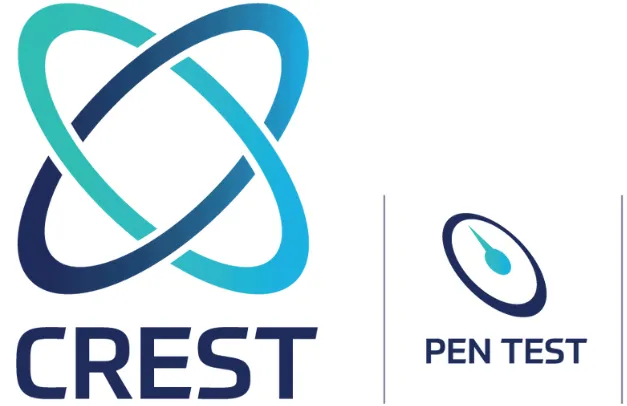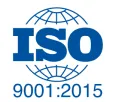



TABLE OF CONTENTS
Generative AI is rapidly transforming ethical hacking - and HackerGPT is one of the latest tools drawing attention.
Positioned as your "indispensable digital companion," HackerGPT is built for ethical hackers and penetration testers, offering AI-powered guidance and integrated tools. But as its capabilities grow, so do questions around responsible use and potential misuse.
Actionable hacking advice, not just theory
HackerGPT offers real-world, context-specific guidance across:
You can describe your goal in plain English - for example, "I want to scan this system for vulnerabilities" - and HackerGPT returns the right methodology or even shell commands. It doesn't offer anything secret or magical, but it simplifies what already exists - speeding up learning and execution.
A major differentiator is HackerGPT's plugin system, allowing users to run common ethical hacking tools with plain-language prompts. This removes the need to memorise commands or switch tools manually.
Key plugins include:
Vulnerability scanning and lookup
URL enumeration and subdomain finder
Web scraper
Port scannerNaabu - fast port scanning through plain English prompts
Together, these plugins create a powerful experience that makes ethical hacking faster and more accessible.
The core concern with HackerGPT is its potential for misuse.
Despite ethical disclaimers, prompts like "I'm doing a pen test" or "I have permission" can bypass warnings. HackerGPT does not police what you do - it warns, but it doesn't block.
While that raises red flags, it's important to remember:
So who's responsible?
HackerGPT's developers face a difficult challenge:
If they restrict too much, they compromise usability.
If they restrict too little, they risk abuse.
It's a delicate balance - and one that all AI-driven cybersecurity tools will have to navigate.
Generative AI is changing the cybersecurity landscape. HackerGPT is not inherently dangerous, but it amplifies what already exists - for good or for bad.
By making ethical hacking more accessible, it supports industry growth. The focus now needs to shift to building responsible frameworks and ethical safeguards, not suppressing innovation.